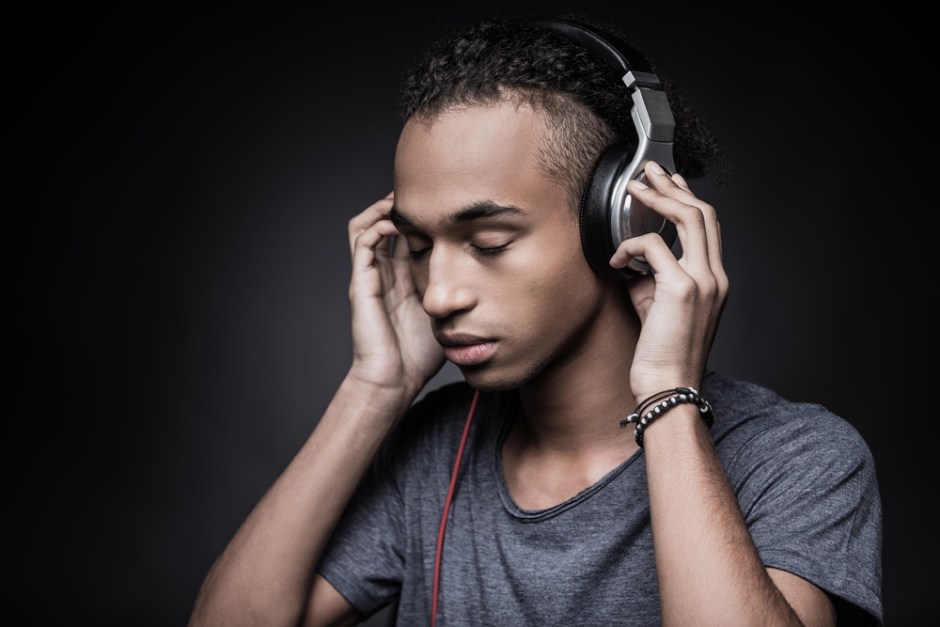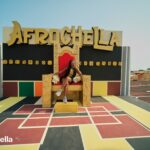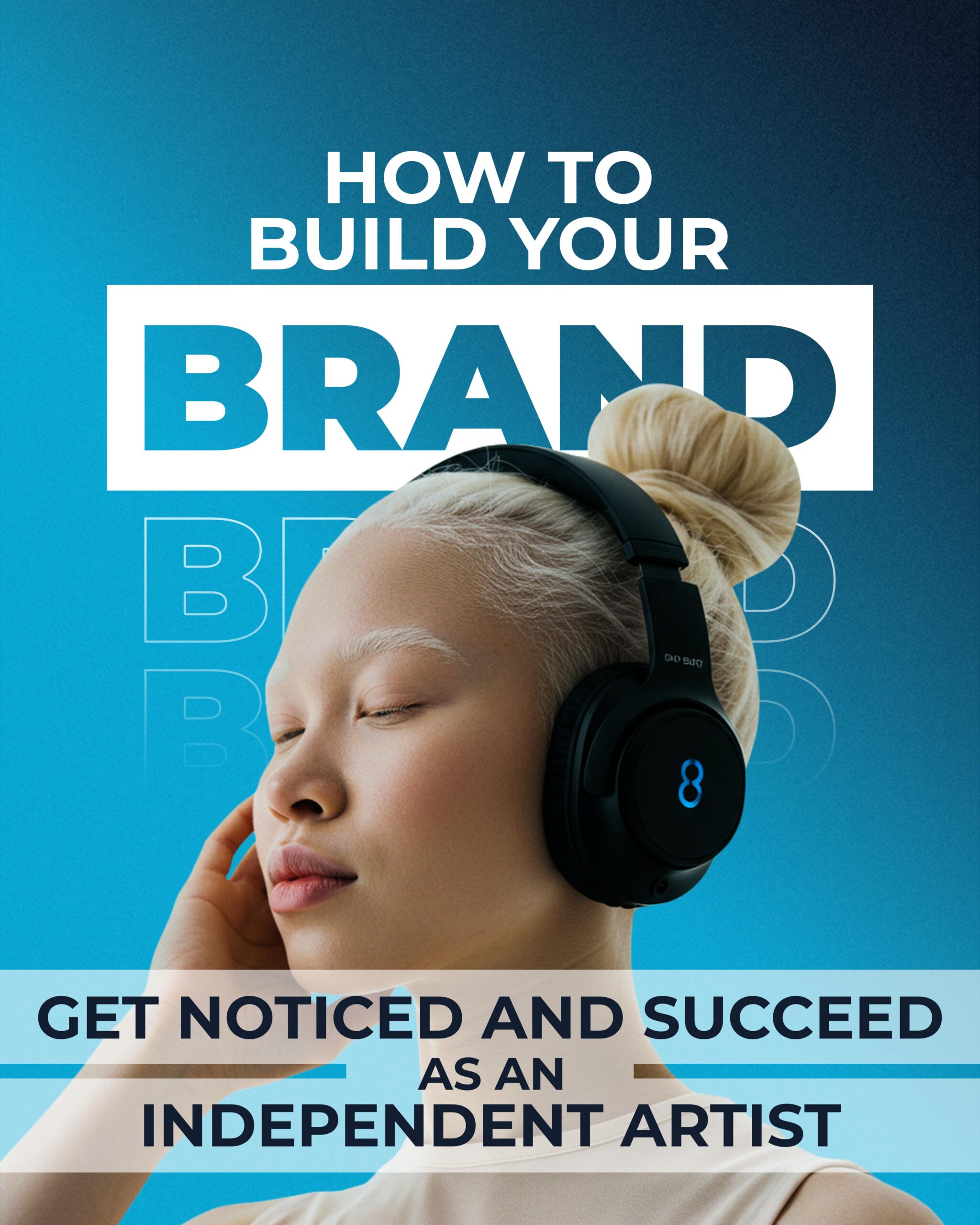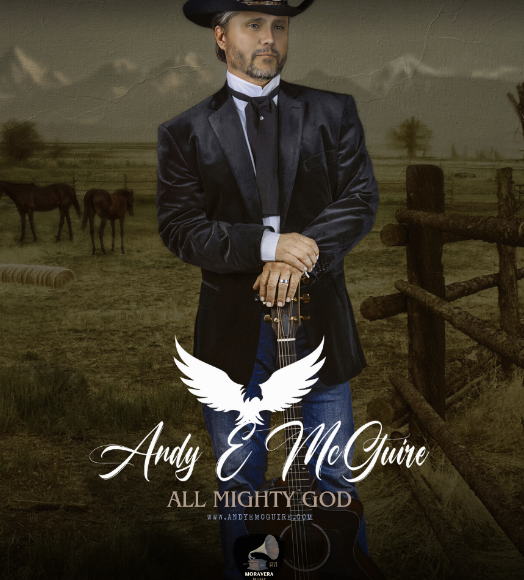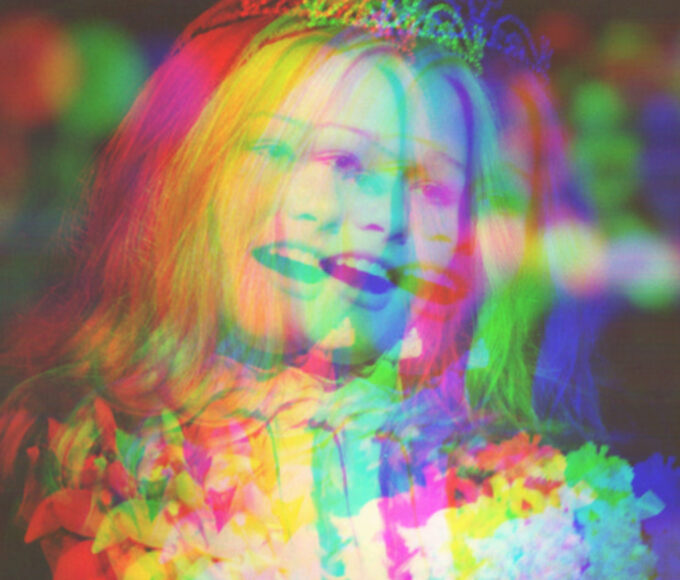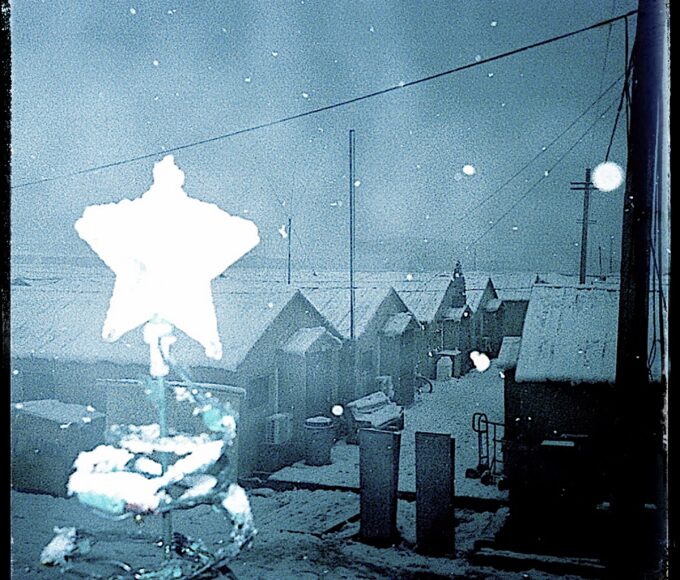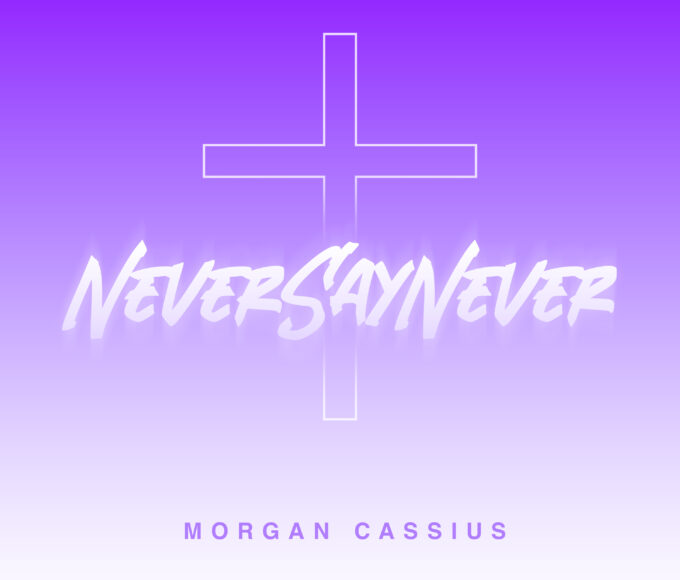In the early 20th century, performers from Ghana combined traditional West African music with jazz and calypso from the West, according to my research, and this is where the history of Afrobeat began. Highlife, on the other hand, is a musical genre that started in 19th-century Ghana as a result of the nation’s history as a British Empire colony and its trade routes in coastal areas. It shows several local fusions of jazz melodies from the west with African meter.
High life has been Ghanaian performers’ preferred genre since the 1990s.
There are currently few bands and musicians from Ghana who perform high life regularly, but the majority are switching to afrobeat.
At first, highlife was reigning in the Ghana music industry. Almost all of the ace musicians like Amakye Dede, Adofo, Nana Ampadu, Daddy Lumba and many more were into highlife music but currently there are more Afrobeats musicians in Ghana than highlife musicians, which is causing highlife music to lag behind afrobeat.
All of Ghana’s well-known musicians perform afrobeat. There are numerous others, including Gyakie, Camidoh, Kelvynboy, Lasmid, Kidi, Kuami Eugene, Stonebwoy, Shattawale, Mr. Drew, Krymi, and D Jay. Few of the aforementioned perform Highlife sometimes.
I am aware that afrobeat is developing and that listeners adore it, but I hope Ghanaians can perform high life in a style that can appeal to audiences and aid in the genre’s development as well.
I understand that afrobeat is for Africa, thus it’s not a negative thing that it’s gaining popularity. But I think Ghanaians can evolve Highlife as well.
Since high life has always been a pleasant genre, I believe that if the original style is improved upon, it will become even more enjoyable.
Even with the upcoming ones 80% are into Afrobeat music with the remaining 20% doing dancehall and rap music or hip-hop, which is another reason making highlife lag behind Afrobeat music.
Source: Chunedesk.com

